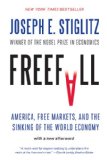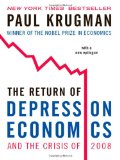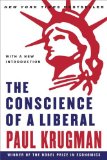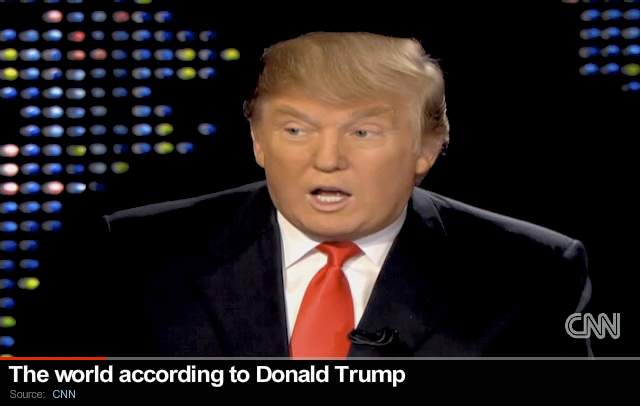The FED’s current unease about QEII can prove prophetic. Not that this unease is going to impact the monetary policy in any significant way.
QEII (quantitative easing, part two) is no shot in the arm for the real economy. The reason why quantitative easing will not have the desired effect this time around is that the underlaying problem has evolved. The challenge we are facing now is not a lack of liquidity. It is a lack of credit. More cash will only fuel new bubbles.






